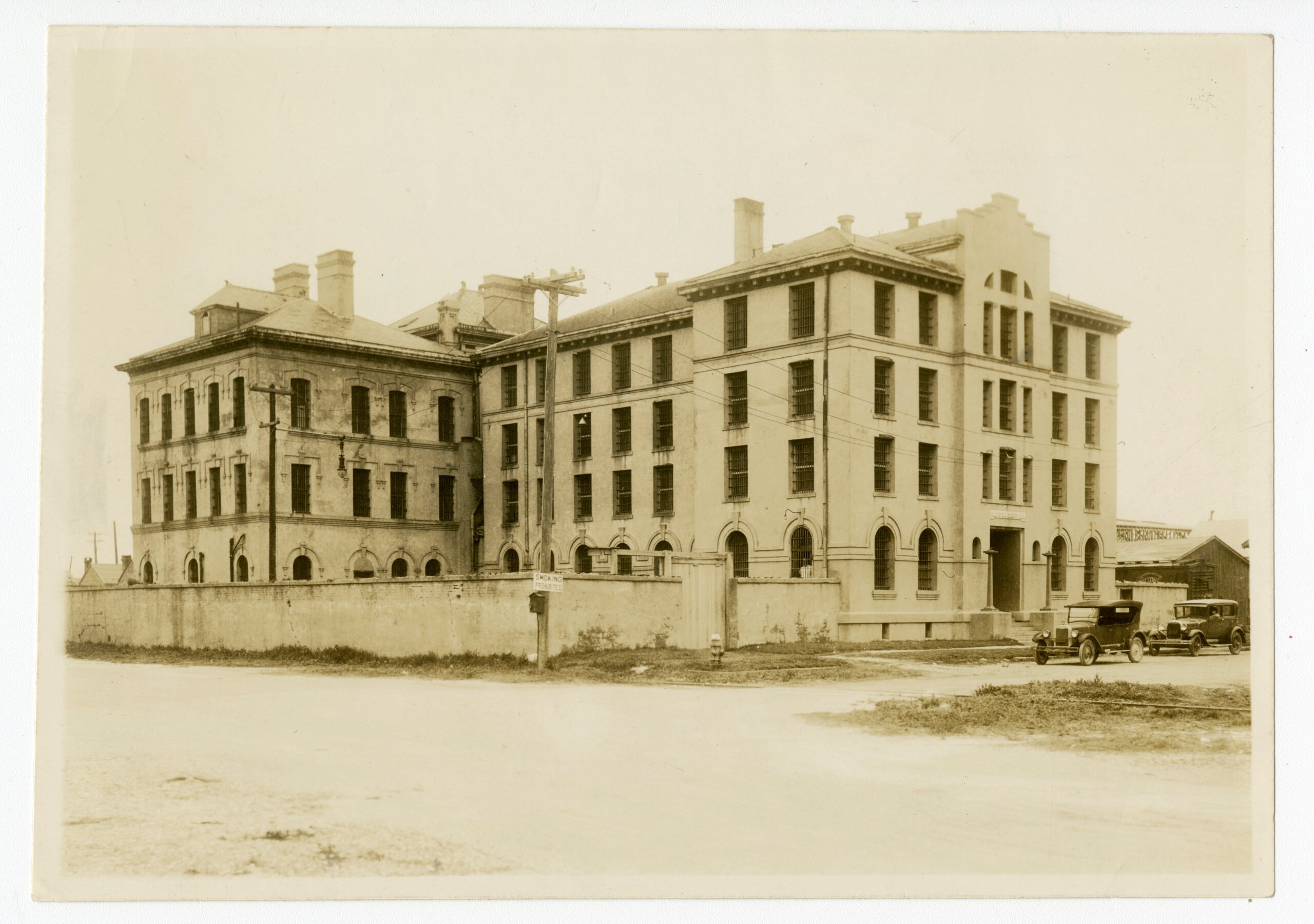
How Texas Jails Built Migrant Incarceration
Following a 1925 investigation, immigrant detention in the Galveston County Jail was declared “a crime against humanity.”
Since 1954

Following a 1925 investigation, immigrant detention in the Galveston County Jail was declared “a crime against humanity.”
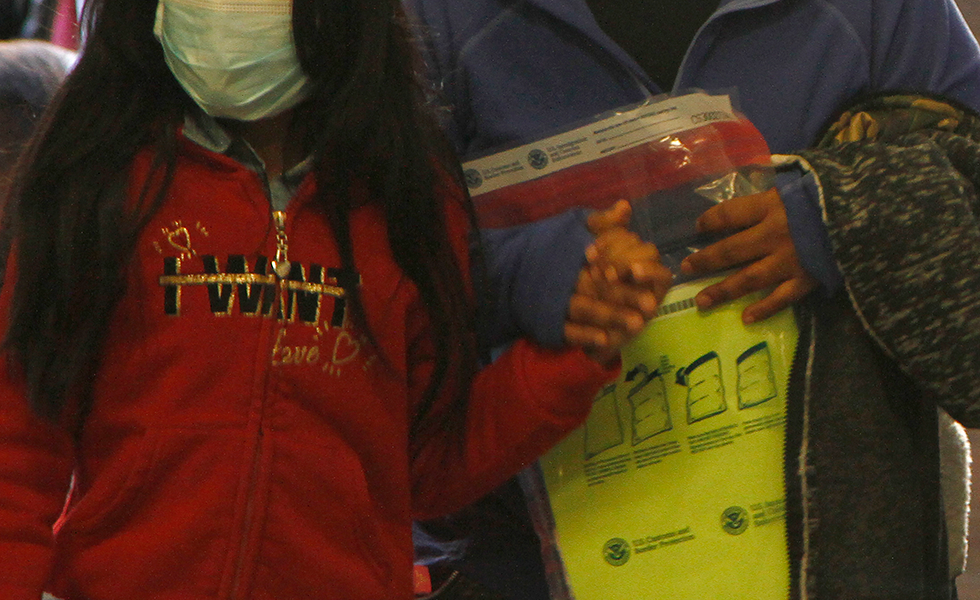
As immigration courts and detention centers fear the spread of coronavirus, migrants in the camps along the U.S. border say they are more afraid of staying in Mexico than COVID-19.
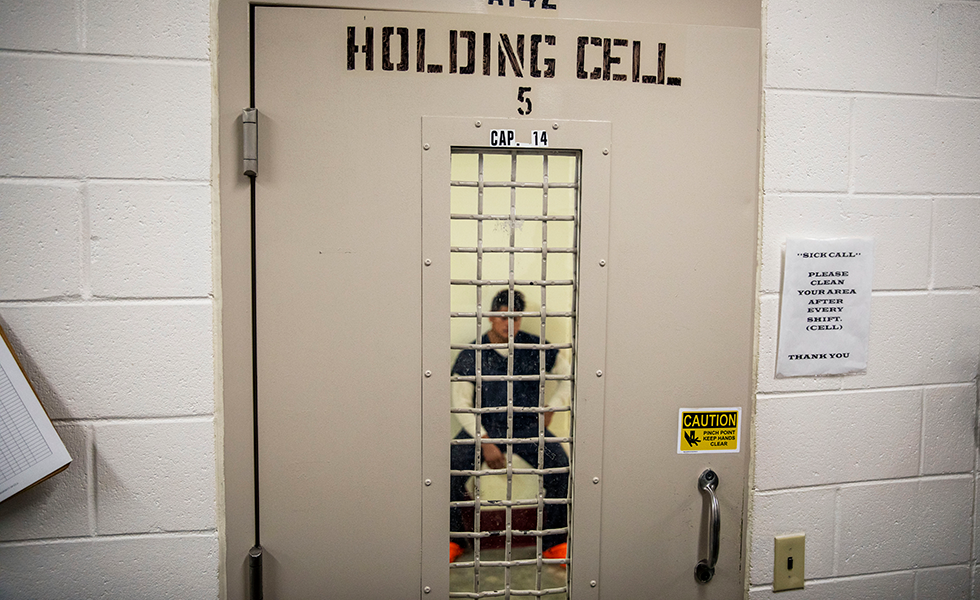
The changes—which affect 18 facilities in Texas—include giving guards more leeway to put migrants in solitary confinement, as well as no longer requiring outdoor recreation areas.
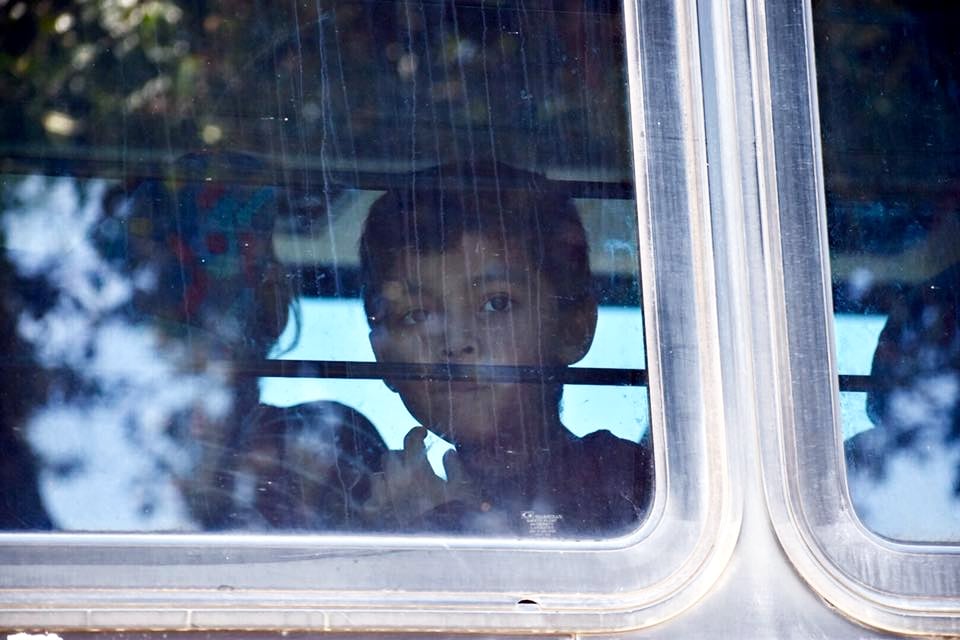
In his new book Baby Jails, author Philip Schrag reflects on the past and future of a threatened ruling that limits the detention of migrant children.
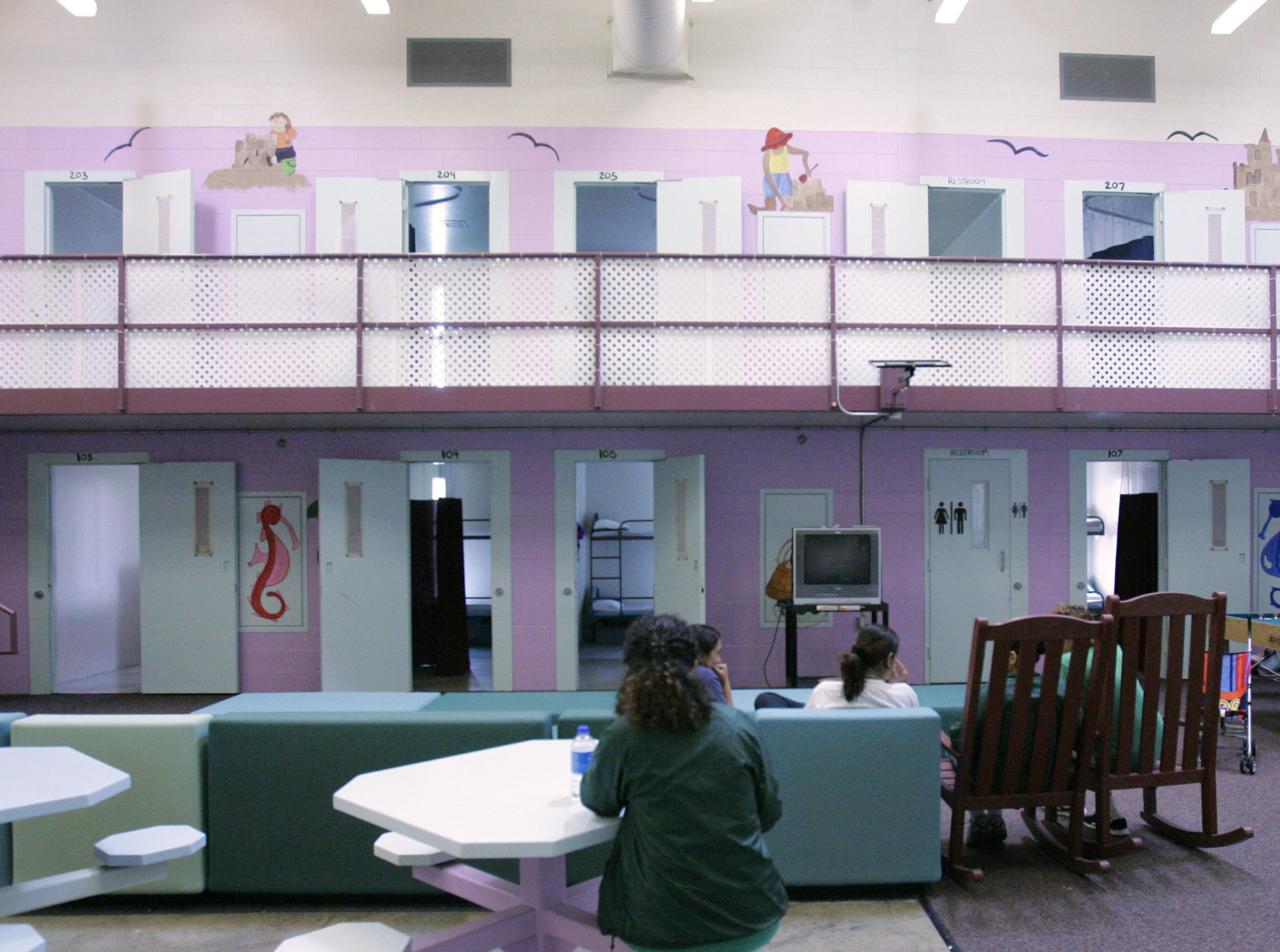
Only three of 23 rape crisis centers serving areas where ICE detention centers are located reported providing therapy or other services to detainees.
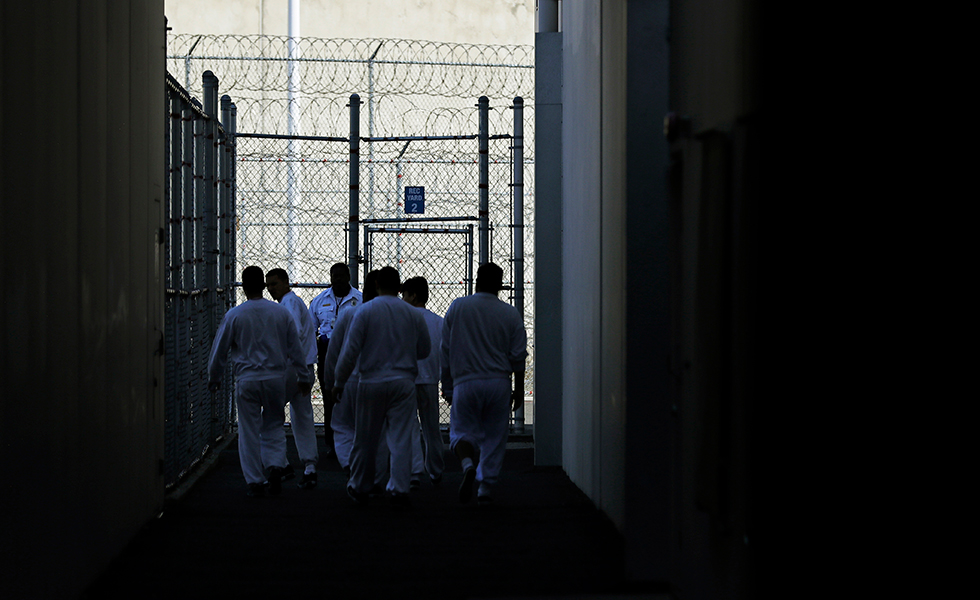
Law professor and author César Cuauhtémoc García Hernández wants you to believe it’s possible.
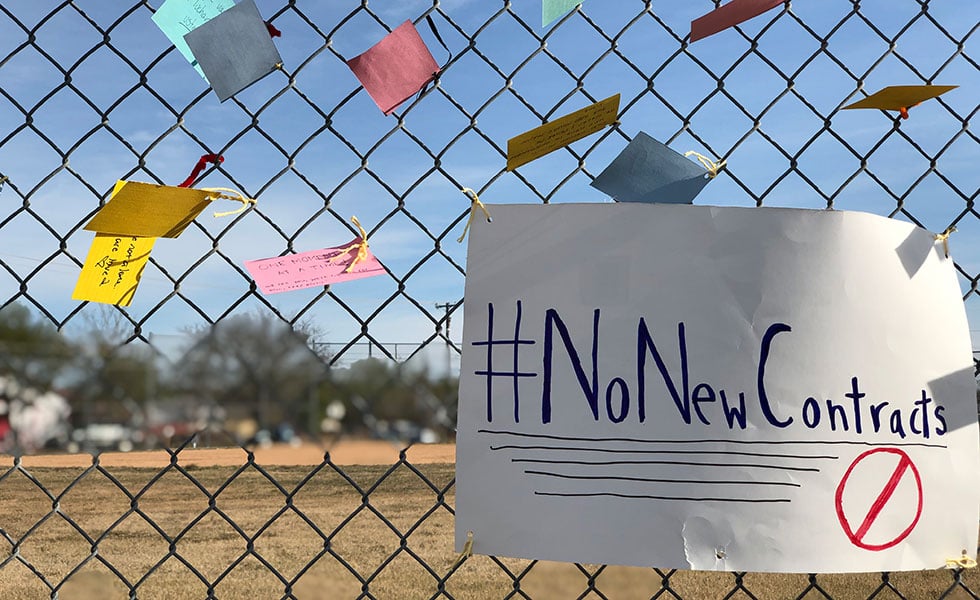
Former detainees were among those criticizing ICE's attempt to secure a 10-year private contract for the facility and two others in Texas.
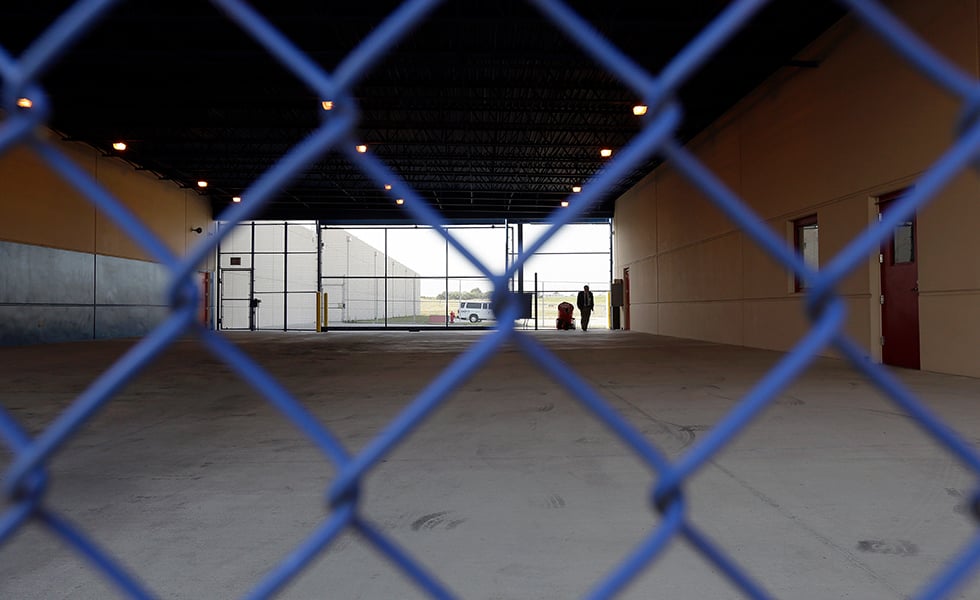
Women formerly detained in Karnes County Residential Center have been lost in the shuffle, facing moved or cancelled court dates, high bonds, and legal confusion.
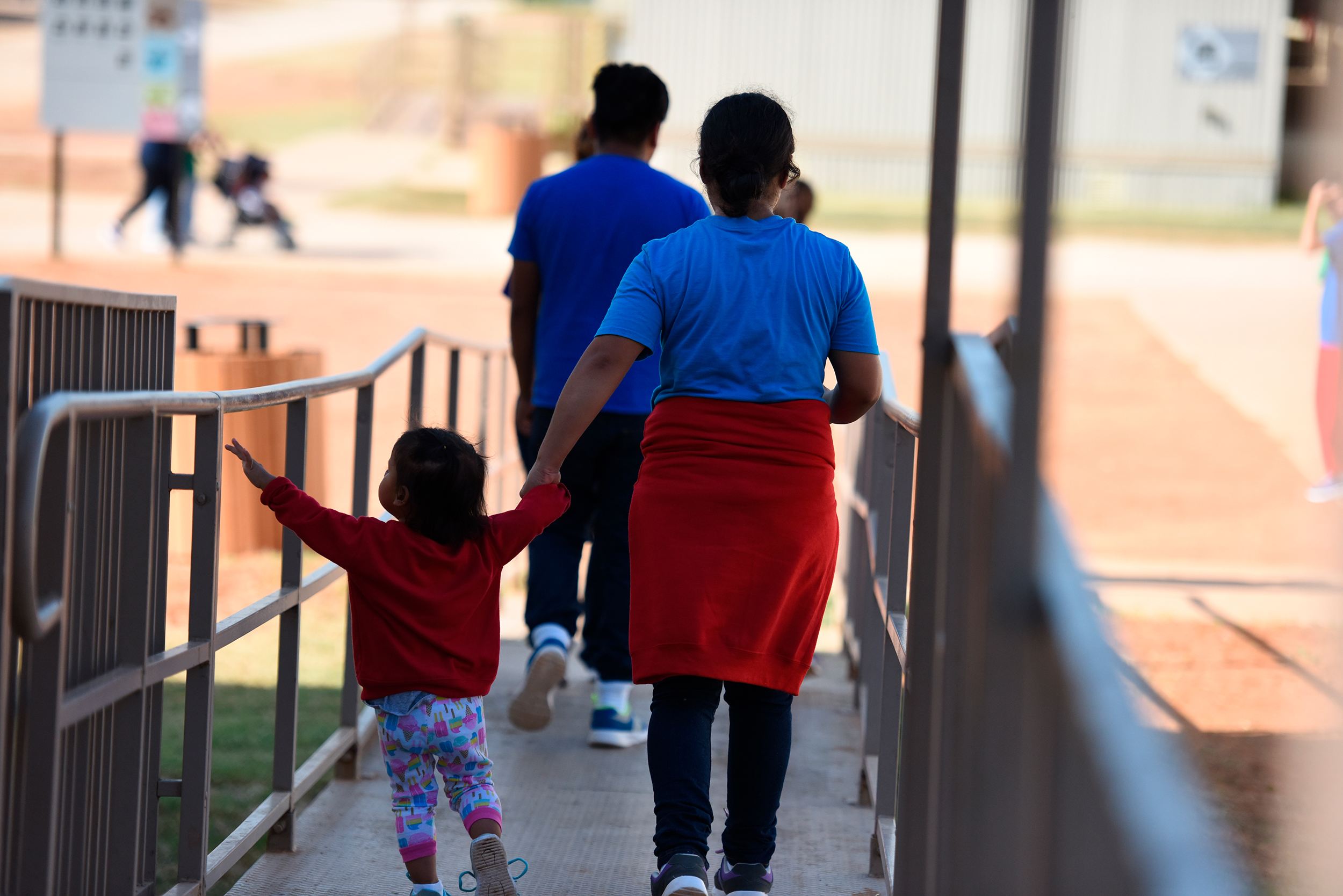
The Trump administration announced a new rule allowing for indefinite detention of migrant families. Game theory suggests it won’t end well.
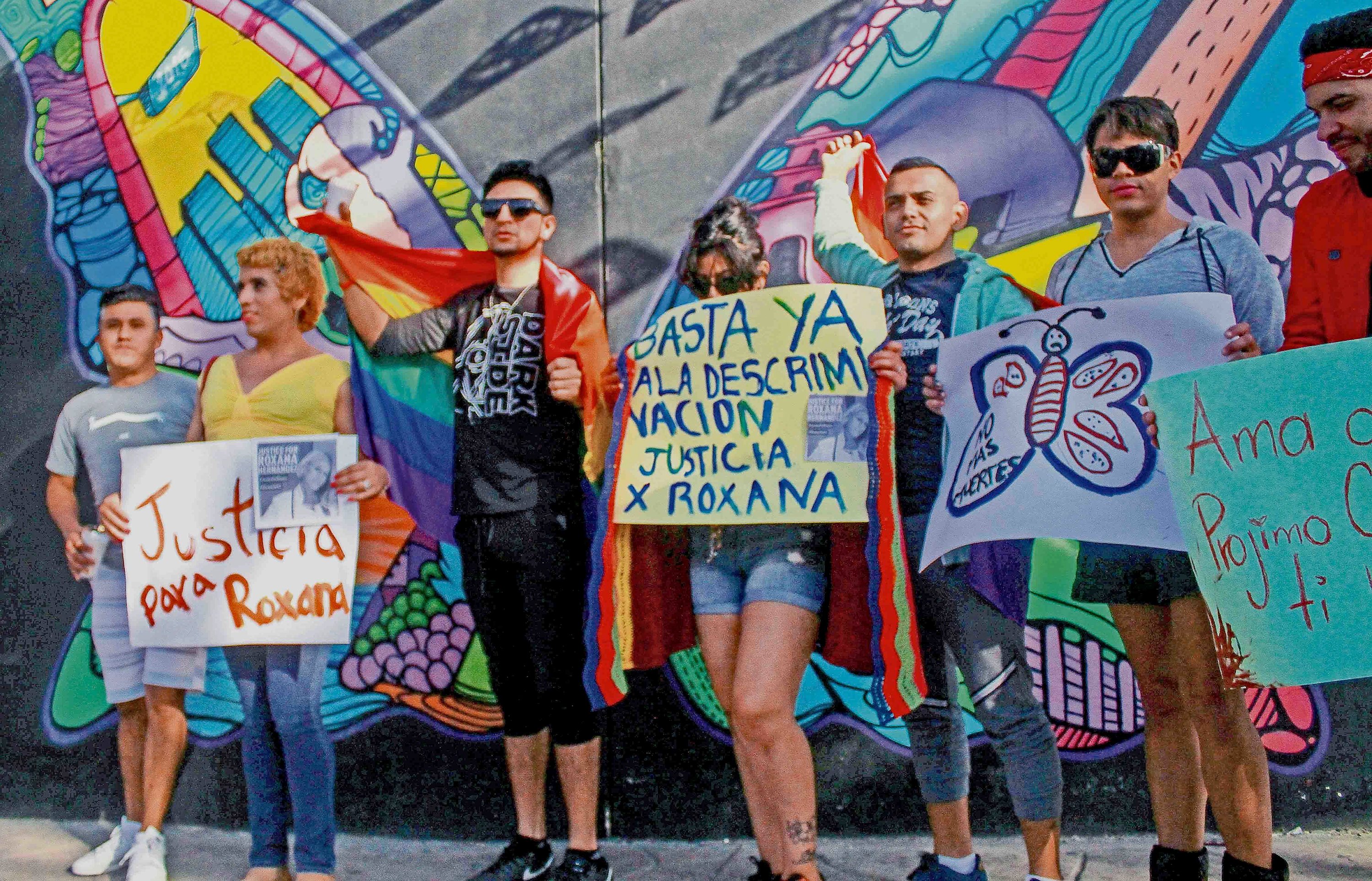
Transgender migrants endure violence and abuse in their home countries. For some, life in detention is even tougher.